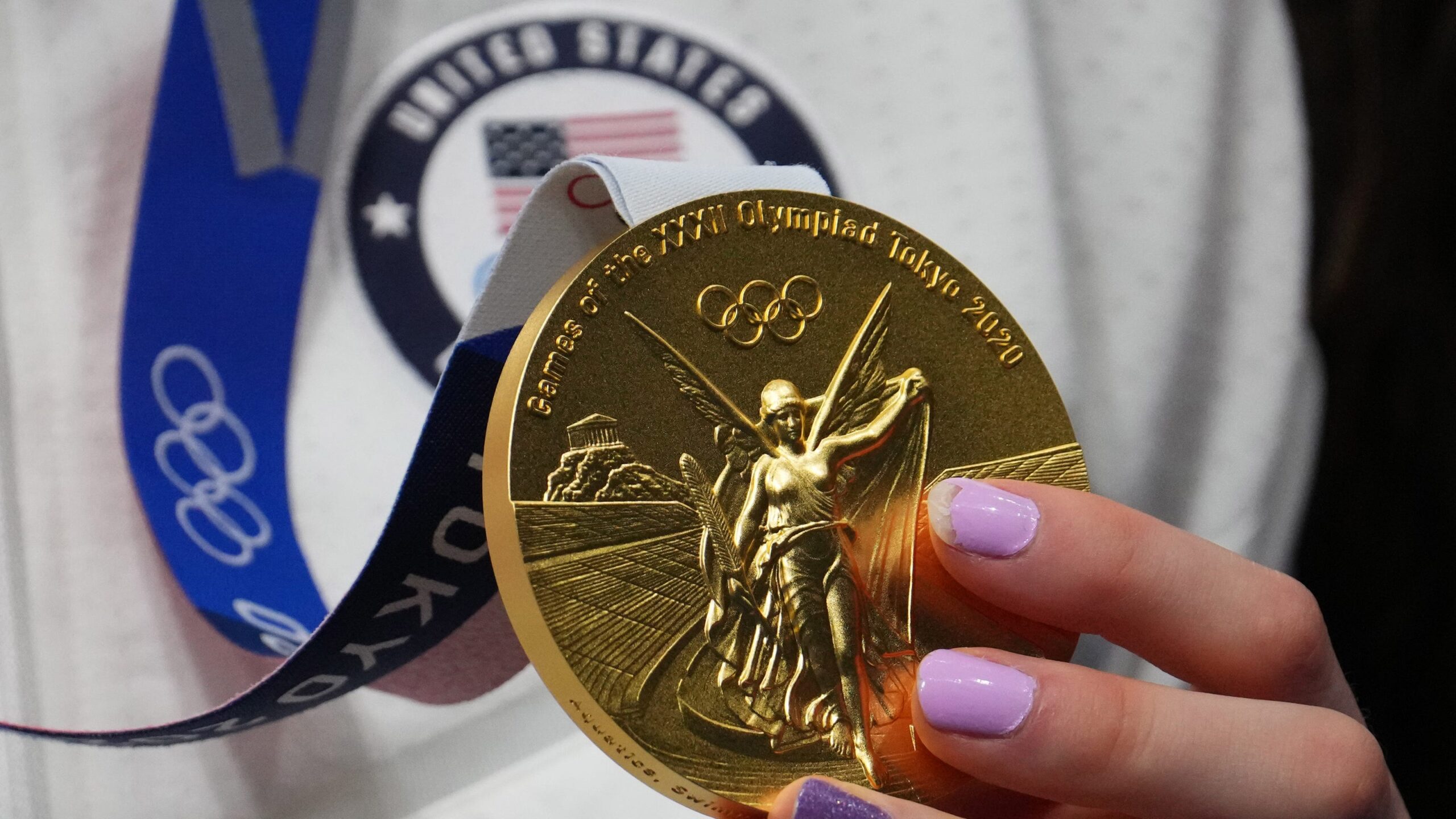gold medal count 2016 summer olympics gold medal count odds and predictions
The world of competitive sports thrives on the pursuit of excellence, with athletes constantly pushing the boundaries of human performance. At the pinnacle of these achievements stands the gold medal, a symbol of victory and dedication. However, the journey to acquire these precious accolades is influenced by numerous factors, including the cost of the materials that compose them. In this exploration, we will delve into the economics of gold medals, shedding light on their significance beyond mere symbols of triumph.
The Cost of a Gold Medal - Tracking the Cost of Precious Metals

The gold medal is an emblem of success, yet its very essence is tied to the fluctuations in precious metal markets. The composition of a gold medal often consists of different metals, primarily gold, silver, and sometimes copper. Athletes probably do not think about the economic factors that go into the medals they strive for, but understanding the intrinsic value of these medals provides greater insight into their significance. The melt value of a gold medal fluctuates based on market conditions, and these shifts can have implications for both manufacturers and athletes alike.
2016 Summer Olympics Gold Medal Count Odds and Predictions

The 2016 Summer Olympics held in Rio de Janeiro showcased not only the athletic prowess of participants but also the competitive spirit between nations vying for the highest medal count. Betting odds emerged around these competitions, capturing the public's excitement about who would secure the most gold medals. This aspect of the Olympics serves as a fascinating intersection between sports and economics. As fans engage in predicting outcomes, analysts delve into statistics, historical performances, and changes in team dynamics—all of which contribute to the narratives surrounding the quest for gold.
Each Olympics provides a unique context that is shaped by various elements including an athlete's form, their support systems, and even geopolitical factors that might influence player participation. As nations rally behind their representatives, the energy of competition electrifies the atmosphere. While the athletes aspire to bring home medals, the broader implications of their victories are keenly felt through national pride and economic interest, as nations often capitalize on their success in sports.
For aspiring athletes, the dream of standing atop the podium with a gold medal around their neck is the culmination of years of dedication, hard work, and sacrifice. The narratives of their journeys often resonate with the audience, capturing the essence of what it means to strive for excellence. Furthermore, the transformation of gold medals—both in their physical composition and in the stories they carry—reflects the evolution of sports in modern society.
As the world turns its sights towards future events, discussions surrounding the cost, significance, and implications of gold medals will continue to flourish. The understanding of how much these medals weigh carries not only a tangible value in ounces of precious metal but also an intangible value in the form of dreams, aspirations, and national identity. The quest for that prestigious medal is not merely about winning but also about the legacy that comes with it—one that inspires both current athletes and future generations to go beyond their limits.
The dynamics of the medal count, the interplay of economics, and the personal sacrifices that athletes make all paint a broader picture. It is vital to recognize that the triumph behind each gold medal is intertwined with countless stories of determination, resilience, and the relentless pursuit of excellence in the face of adversity. These medals, while representing physical accomplishments, carry stories that extend far beyond the fields of competition—they tell of humanity's quest for greatness itself.